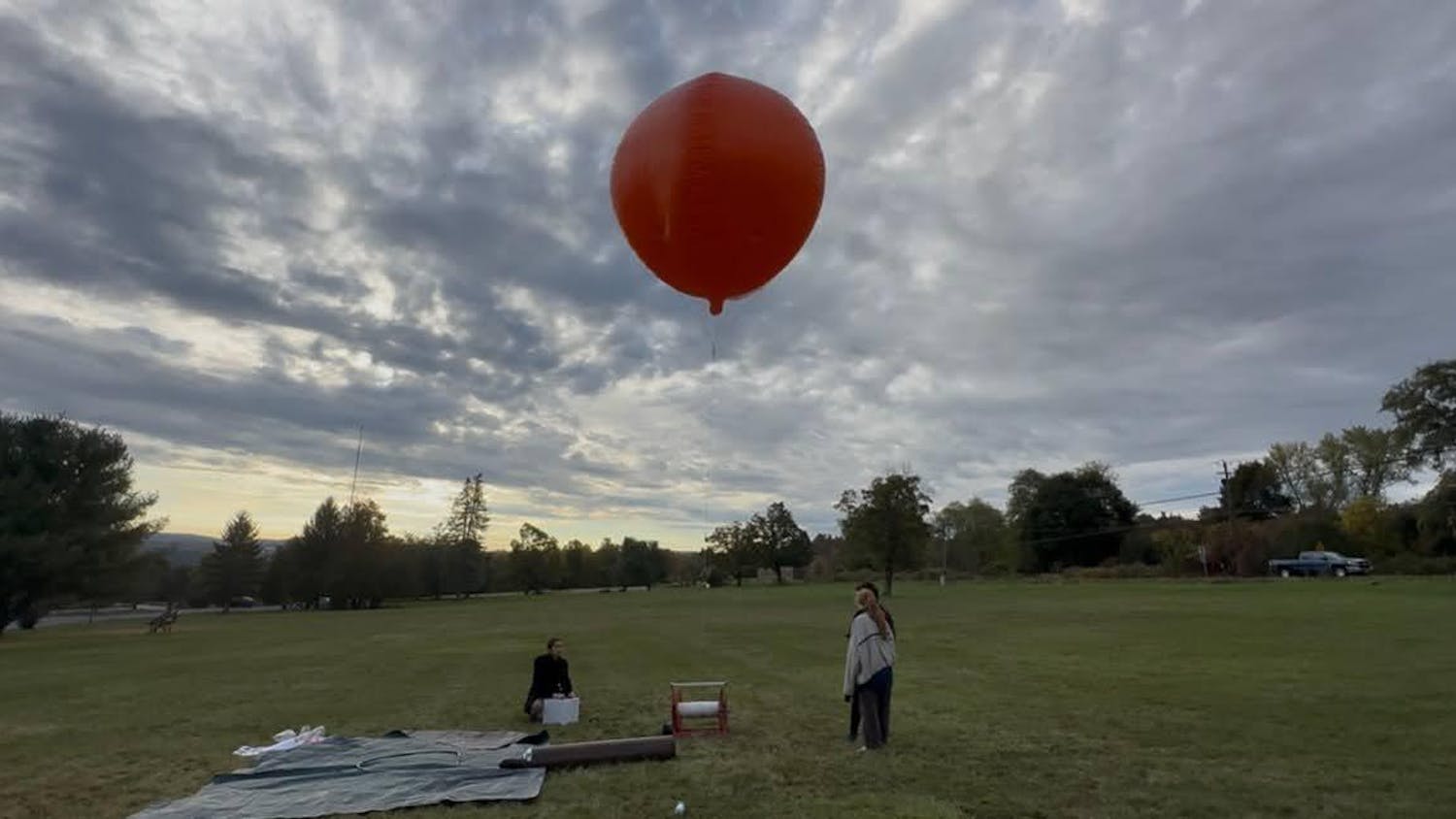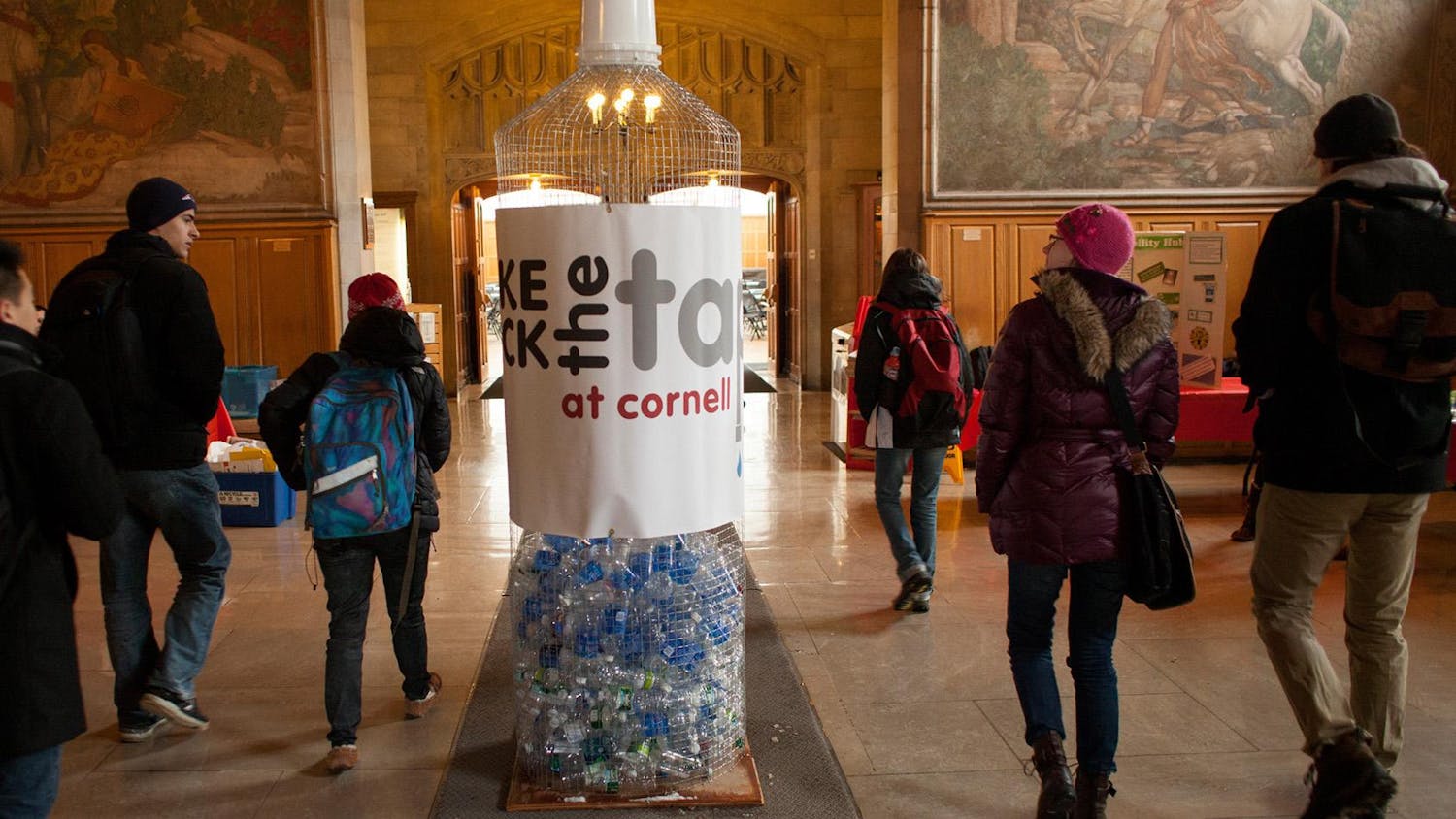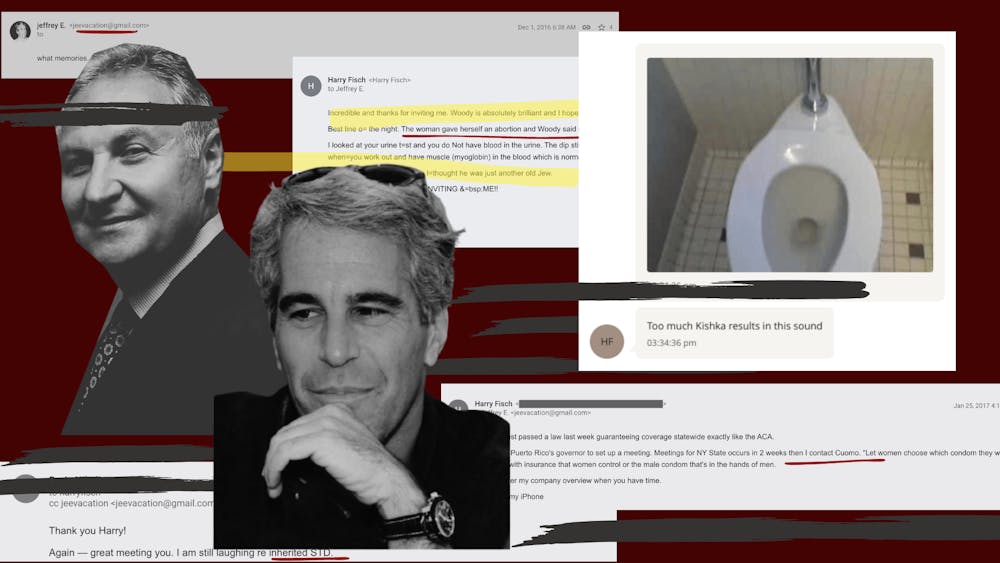International students at Cornell represent more than 16 percent of the student population. Cornell’s excellent academic reputation and status as an Ivy League institution have attracted over 3000 international students each year for the past decade. According to the International Students and Scholars Office, the 3,430 international students at Cornell in 2009 represented an increase of over 400 international students since 2000. Lately some international students have been questioning whether Cornell truly lives up to the motto, “Any person, any study.” Some members of the Korean international student community have begun advocating the creation of a Korean studies program at Cornell, arguing that Cornell’s continuous disregard for Korean studies runs contrary to the University’s stated motto. More than 1,000 Cornell students —nearly 5 percent of the student population — are of Korean ancestry. Of that number, about 600 are Korean international students, making Koreans the largest international student demographic at Cornell. Despite these statistics, Cornell is the only Ivy League without a Korean studies program. On average, there are roughly 10 Korean studies courses per year taught at the other Ivies. In contrast, Cornell is offering only two Korean studies courses this year. Sung Hag Ahn ’10, president of the Korean Students Association, began a petition last semester, demanding that Cornell create a “viable and comprehensive” Korean studies program. “When I took on the [role of] president of KSA, I started taking some Korean classes — a Korean language course and Introduction to Korea. As I started taking those classes, I realized that there was a very big limitation to the number of Korean studies courses that are offered,” Ahn said. In the petition, Ahn highlighted how there currently are 20 faculty members in Chinese studies and 10 in Japanese studies at Cornell, yet none in Korean studies. Until 2008, there were two tenure-track faculty members who taught Korean studies courses in government and history. However, both faculty members have since left Ithaca, and the University has not hired anyone to replace them. Thus, one of the key demands in the petition was for the administration to hire a tenure-track faculty in Korean studies before the end of this academic year. “As a Korean studying U.S.-South Korean relations, American perception of Korean politics is central to my understanding of the future of Asian-Pacific regional politics and its future,” said Dae-Gyeong Kim ’12, one of many Korean international students who volunteered to get the signatures needed for the petition. Another important demand in the petition was the creation of a Korean language program — specifically the creation of a Korean Language House and a summer Korean language program. Ahn stressed the need for a Korean Language House similar to the existing Chinese and Japanese Language Houses. Moreover, Cornell’s full-year Asian language concentration has been active in offering intensive summer language courses in Chinese and Japanese to students since 1972, whereas there currently is no summer Korean language program. Ahn and other concerned student volunteers ultimately received about 600 signatures for the petition and presented their case to the Student Assembly last month. According to Esther Yeo ’12, who gave a brief speech in support of the petition at the S.A. meeting, a Korean studies program would make the Cornell community more aware of a country that is becoming a “critical player in world politics and economics.” “As we are living in a more globalized world, I believe students should be able to learn more about a country that they are interested in to an extent that adequately fulfills their desires,” she said in an e-mail. On March 11, the S.A. unanimously passed Resolution 57 — sponsored by S.A. Minority Representative Justin Min ’11 and co-sponsored by Ahn — in support of the creation of a Korean studies program and a Korean language program. According to Min, all that remains for a Korean studies program to be established at Cornell is for President David Skorton to sign and approve the resolution. Skorton may accept the resolution as it is or ask the S.A. to revise it. “As of right now, we’re still waiting for Skorton’s response … I’m sure [President Skorton] will be in favor of it, but I think the most difficult part here is the funding issue, which has always been a problem. … The Korean studies courses offered right now have continued to be cut for the past two or three years and, at this trajectory, we don’t expect any courses to come back next year,” Min said. Ahn fears that Skorton may simply ignore the resolution until Ahn and other senior Korean international students graduate. However, non-senior Korean students have expressed their determination to continue the movement to establish a Korean studies program. Min said that, if the resolution fails to receive Skorton’s signature this year, “It is something that we will continue to fight for.” “I don’t know why the administration has ignored the issue for so long … I think it should be a very important priority for the Asian Studies Department … it is a matter of equity,” he added. RLD Original Author: Byungkwan Park
Any Student, Any Study: Korean Studies
Reading time: about 5 minutes
Read More










